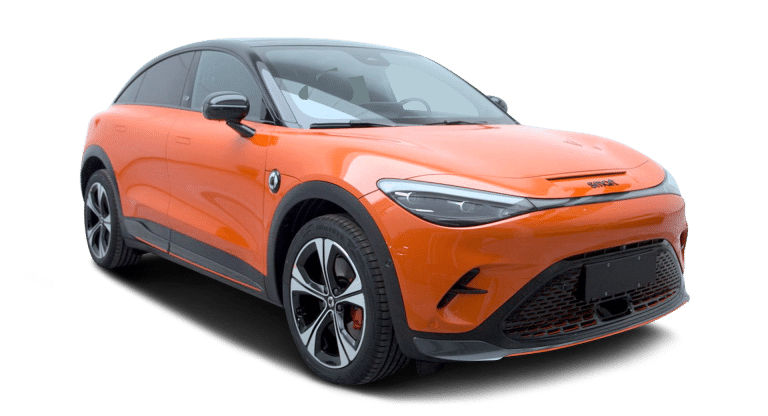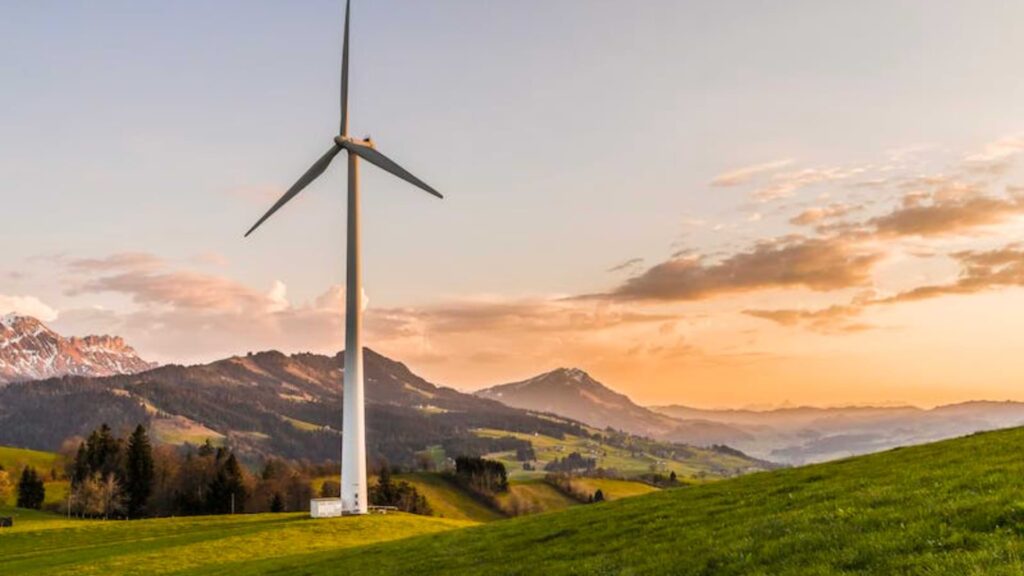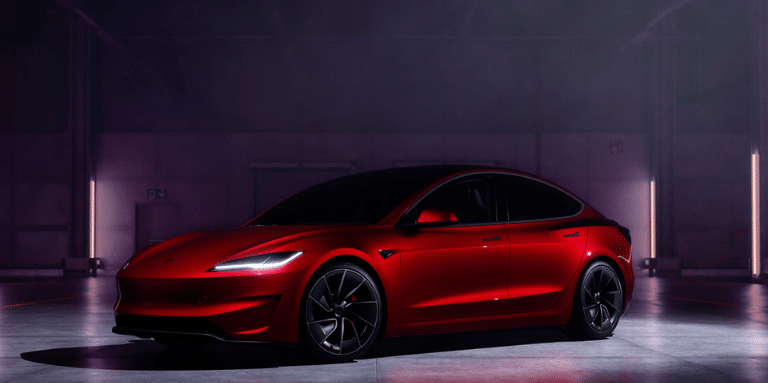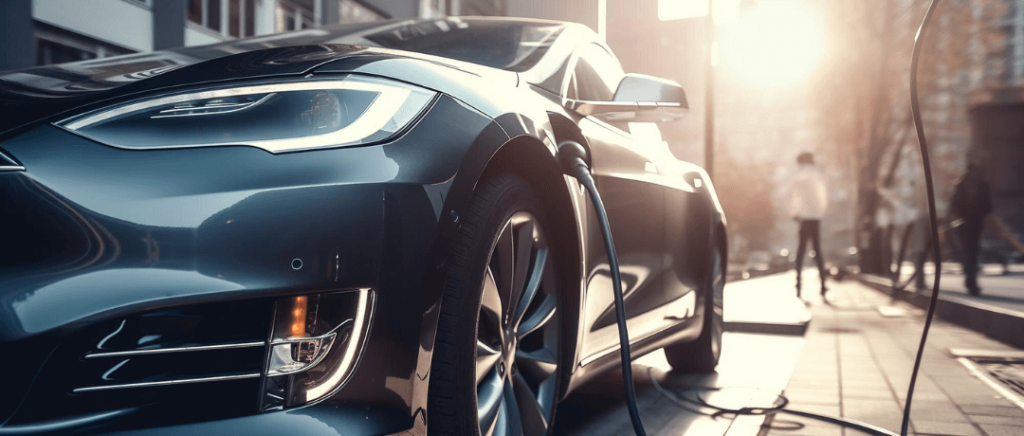What is renewable energy?
Energy is renewable when the energy source from which it is extracted :
- Renewed naturally and continuously;
- Is environmentally friendly. These energy sources produce little or no polluting emissions.
Renewable energies help reduce greenhouse gases in the atmosphere. This energy is called green energy.
Nuclear power is considered clean because it causes little pollution, but uranium is a finite resource. Nuclear energy is therefore considered clean, but not renewable.
Renewable and non-renewable energies are differentiated by their production source. Non-renewable energies are produced using fossil fuels, i.e. sources that are becoming increasingly rare. For example, uranium resources are expected to run out within the next 100 years. It is therefore important to find other inexhaustible sources of energy as quickly as possible.
For more information on renewable energies, there are a number of online guides that provide detailed information on everything you need to know about green energy. everything youneed to know about green energy.
What are renewable energy sources?
The term renewable energy is used to describe inexhaustible and unlimited sources of energy. They come from five energy sources: water, wind, sun, biomass and earth.
This means that renewable energiesenergy produced by :
- Hydraulics Hydroelectric power: generated by the force of water, using dams. However, we can't say that this type of energy is 100% green, as it modifies the ecosystems around the dams, and therefore has a negative impact on the environment. As far as production is concerned, in France, it is the leading source of renewable electricity and the second largest source of electricity production (12%). Internationally, it is the third largest source of electricity production;
- Wind power Wind power: using the power of the wind, with the help of wind turbines. However, some people talk about visual pollution. The objectives of the 2015 Energy Transition Act are for the wind energy sector to produce 40% of France's renewable energy by 2030 ;
- Solar energy Solar energy: thanks to the power of the sun. There are two types of energy here. There's electricity generated by photovoltaic panels, and heat generated by thermal collectors;
- Biomass Biomass can be used for a wide range of purposes: from the combustion of biological materials or conversion into biofuels, to the extraction of biomethane from organic waste. In France, solid biomass is mainly used to produce heat. It is the second most important source of renewable energy, accounting for 71% of primary wood energy consumption in 2017. Biofuels account for over 10% of primary renewable energy production. Finally, biogas is growing fast, with a production target set at 10% for 2030;
- Visit geothermal Geothermal energy: extracting heat from the ground. Depending on depth, geothermal energy can produce both heat and electricity. In France, geothermal energy is mainly exploited in the form of heat.
Geothermal and biomass energy are the only two sources that are non-intermittent and therefore not dependent on weather conditions.
As far as the French market is concerned, the country has seen strong growth in these energies. This growth is partly due to the rapid development of biofuels, heat pumps and wind power. In 2017, renewable energy accounted for 16.3% of total energy consumption in France, compared with 9% in 2005. The government's national action plan for renewable energies sets a target of 32% by 2030 and 70% by 2050.
Is the energy I receive in my home directly renewable?
As a consumerit is impossible to receive energy directly from 100% green energy.
Take green electricity, for example. When green electricity is injected into the grid, it mixes with other sources of electricity produced from non-renewable sources, most of which in France are nuclear. As a result, it's impossible to differentiate between renewable and non-renewable electricity when it reaches buildings.
When a customer chooses a supplier that sells green energyyou need to be able to prove it. To enable consumers to know the origin of the energy, a system of guarantees of origin has been set up. In concrete terms, these guarantees of origin are official documents attesting that a quantity of electricity from renewable sources has been injected into the market in line with the consumption achieved by its customers. This document proves to customers that, even if they don't directly consume green energy, an equal quantity has been consumed in France. These renewable energy suppliers thus provide their customers with proof of the origin of the various energies.
Which suppliers are really committed to the energy transition?
What's more, knowing the source of the energy is not enough to choose the right supplier. There are other factors to consider when making your choice.
In fact, you need to know that there are two types of green suppliers :
- The suppliers-producers of renewable energies ;
- The suppliers-buyers which can be divided into two sub-categories: purchases can be made from local producers or from producers in other EU countries.
So it's easy to find out where the energy comes from for suppliers who produce their own power. However, when it comes to supplier-buyers, things get more complicated.
With regard to guarantees of origin, suppliers of electricity can :
- The purchase of energy from renewable sources with a guarantee of origin from the same source. These are known as "premium" offers;
- The purchase of energy and, at the same time, the purchase of sufficient guarantees of origin to cover the consumption of the green offers they market. Here, the electricity purchased is not necessarily of renewable origin. Here, we're talking about "standard" offers. This approach has led some to talk of greenwashing (or "greenwashing", a marketing method that consists in communicating by playing on the ecological argument).
List of green energy suppliers who buy locally
Since competition was opened up in 2007, there have been many alternative suppliers. Many of them offer green products at lower or higher prices. But, as we saw earlier, not all offers are equally green.
To make things clearer, there are rankings of suppliers who buy locally and fight for an energy transition. So, as a company or as an individual, you can sign up to a contract with a truly committed supplier.
Here are some French suppliers who buy their energy locally:
- Enercoop Enercoop offers a wide range of services: purchasing from individuals, SMEs and local authorities. It is possible to contact them to sell them electricity;
- Ilek Ilek: connecting producers of wind and photovoltaic electricity with customers wishing to purchase clean energy produced close to home. The electricity is also local, so all you have to do is contact them to see if you are eligible for resale;
- Plüm Energie Plüm Energie: French green electricity purchased from independent producers at a price identical to the regulated tariff, and also encourages consumers to consume less;
- Planète Oui Planète Oui: supporting French people in their self-consumption projects by guiding them through the process;
- Urban solar energy : 100% renewable energy supply. This supplier promotes photovoltaic installations on the roofs of major cities, thus encouraging collective self-consumption.
- From small local suppliers like Électricité de Provence.
For example, there are many alternative suppliers who are willing to work with local producers for a greener world. In addition to this list, there are other suppliers who are increasingly involved in energy transition and renewable energies.
These suppliers are ready to meet all needs, offering tailored solutions for both individual homes and business premises, as well as for electric car charging stations. In this way, every consumer can find the green offer that's right for them, and thus contribute to the energy transition.
Conclusion
The challenge of the early 21st century is the energy transition. Everyone's actions are part of a global transition. Both incumbent and alternative energy suppliers are well aware of this, and many of them have embarked on an energy transition. They offer production or purchase and supply of green offerings. However, as demonstrated in this articlethese offers are actually more or less green.
What's more, in addition to supplying green energy, i.e. reselling the electricity produced, there's another solution: self-consumption.self-consumption. This type of consumption relies mainly on solar power generated by photovoltaic panels, which is then used to power your home or vehicles. Some suppliers, as mentioned above, accompany private individuals in this ecological project, explaining and taking the necessary steps.
Finally, some renewable energies, such as geothermal energy, can be produced directly by individuals. All you need is support to change your heating system, and there is a wide range of financial assistance available. As a result, homeowners can save money on their bills and contribute to the energy transition.





